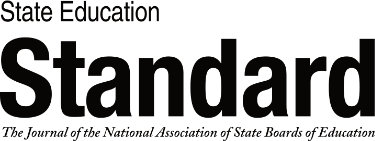NCOSEA Voice: The Struggle to Control Academic Content
Because they reflect local values about what students should learn during their K-12 years, academic standards are inherently political. Through a variety of ways, federal, state, and local actors have long sought to control decisions about what constitutes “official knowledge.” From book bans to state laws restricting curricular choices, the politics of academic content is once again making news. A review of the legal framework for these content decisions may provide helpful context for state boards of education.
NCOSEA Voice: The Struggle to Control Academic Content



 i
i
 i
i